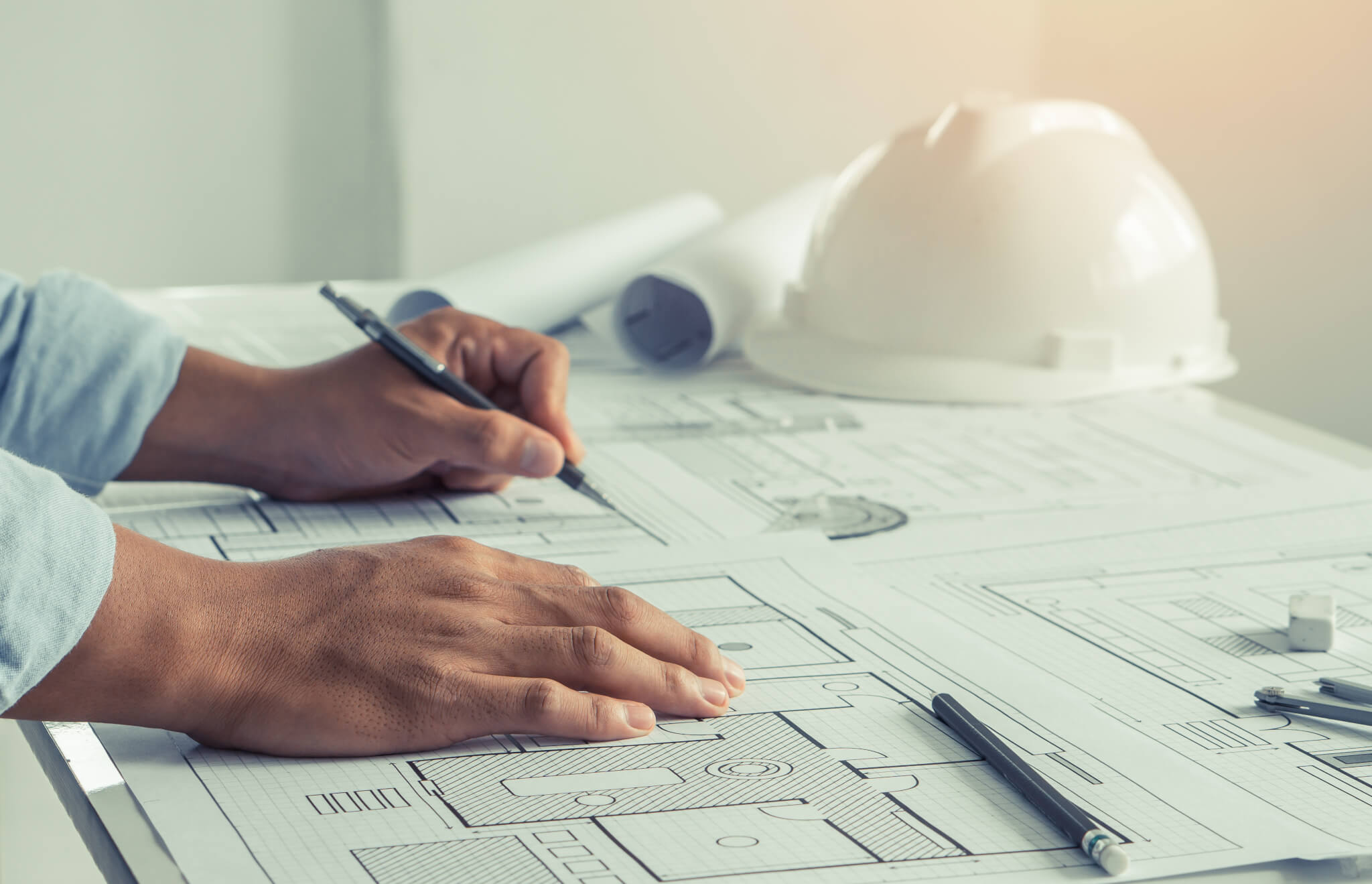Access the A201–2017 and B101–2017
To purchase a one-time use license for the documents in this article, visit the links below:
A201®– 2017 General Conditions of the Contract for Construction
B101- 2017 Owner-Architect Agreement
Interested in getting unlimited access to our full 250+ library of agreements and forms?
Visit the link below to learn more: https://shop.aiacontracts.com/unlimited-subscription
May 31, 2023
Maintaining a building requires accurate documentation of its construction, which is why owners often request as-built drawings upon project completion. These drawings provide a record of the actual locations of building elements such as ducts, pipes, and conduits, which are typically represented diagrammatically in design documents. This article explores how the A201-2017 General Conditions of the Contract for Construction and the B101-2017 Owner-Architect Agreement address as-built drawings and their role in construction documentation.
As-Built Drawings in A201-2017: Contractor Responsibilities
While AIA contract documents avoid the term “as-built drawings,” Section 3.11 of the A201-2017 requires contractors to maintain an updated set of documents as a record of the work as constructed. However, because contractors are not licensed design professionals, the level of detail in these records may not fully meet an owner’s long-term building maintenance needs.
As-Constructed Record Drawings in B101-2017: Architect’s Role
If an owner requires more detailed documentation beyond the contractor’s records, Section 4.1.1.16 of the B101-2017 allows architects to provide as-constructed record drawings as a supplemental service. These drawings are not included in the architect’s basic services but can be incorporated into the contract upon agreement.
The B101-2017 provides the following clarification for as-constructed record drawings:
“As-constructed record drawings (commonly called ‘as-builts’) are the record of the Project as constructed, based on information provided by the contractor to the owner under the contract for construction. Because the as-constructed record drawings rely on the contractor’s mark-ups, the architect is not responsible for their accuracy or completeness.”
Best Practices for As-Built Documentation
Combining Section 3.11 of A201-2017 and Section 4.1.1.16 of B101-2017 provides a structured approach for delivering a documented record of the constructed building. However, to ensure these documents effectively serve the owner’s maintenance needs, it is advisable to discuss expectations for as-built documentation early in the project. By aligning on the level of detail required and the party responsible for record-keeping, owners, contractors, and architects can collaboratively create a reliable construction record.
AIA Contract Documents has provided this article for general informational purposes only. The information provided is not legal opinion or legal advice and does not create an attorney-client relationship of any kind. This article is also not intended to provide guidance as to how project parties should interpret their specific contracts or resolve contract disputes, as those decisions will need to be made in consultation with legal counsel, insurance counsel, and other professionals, and based upon a multitude of factors.

